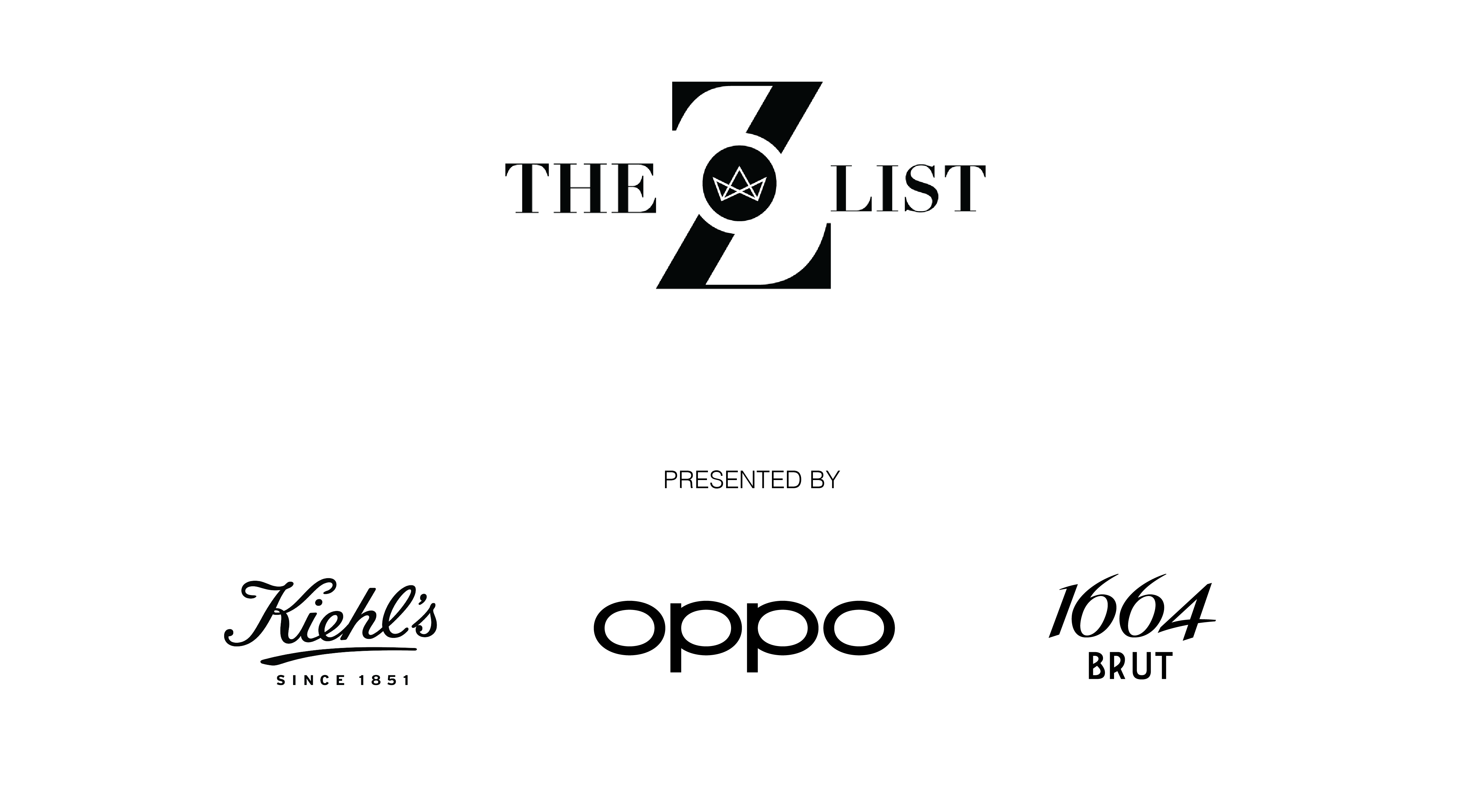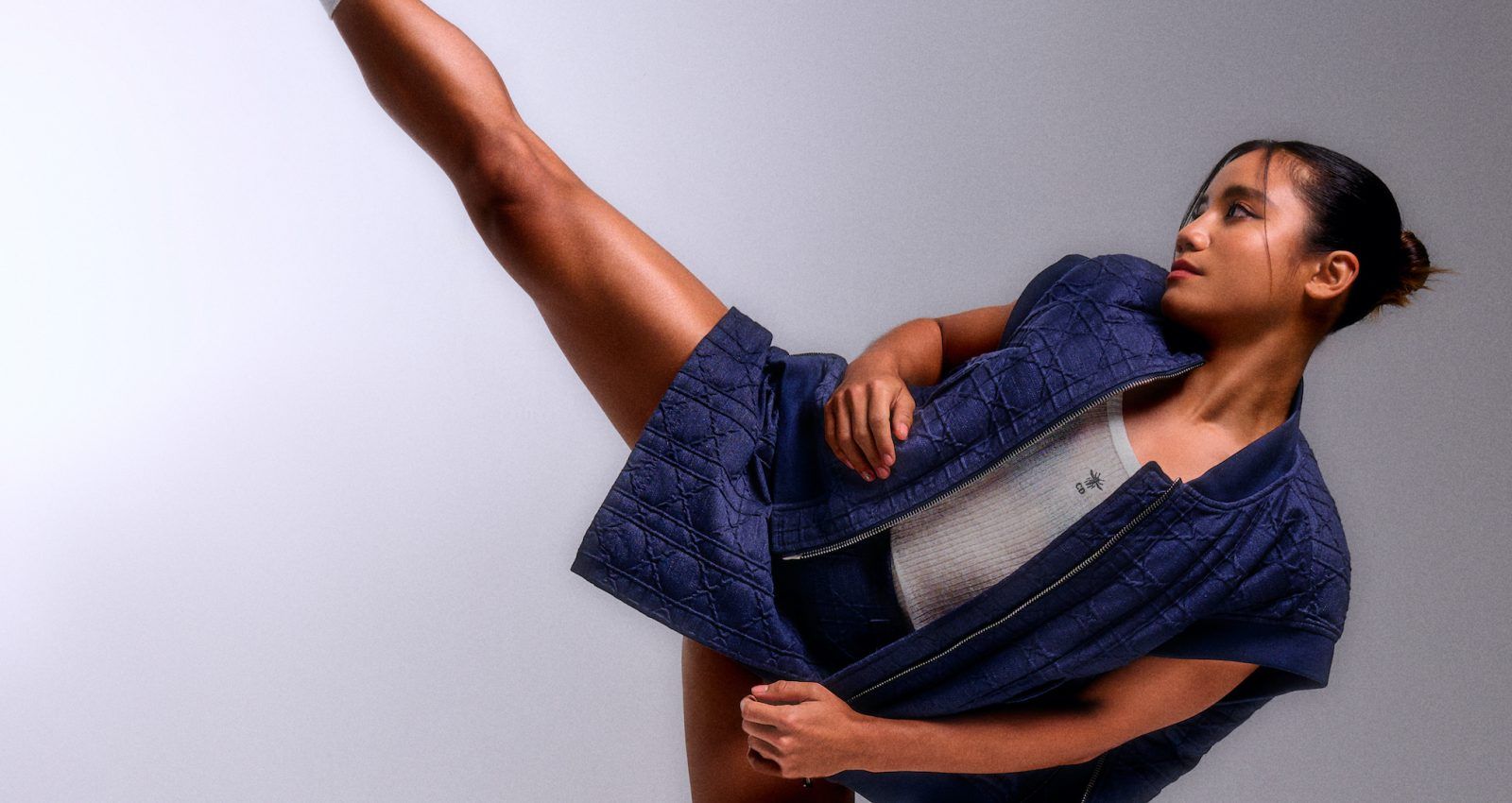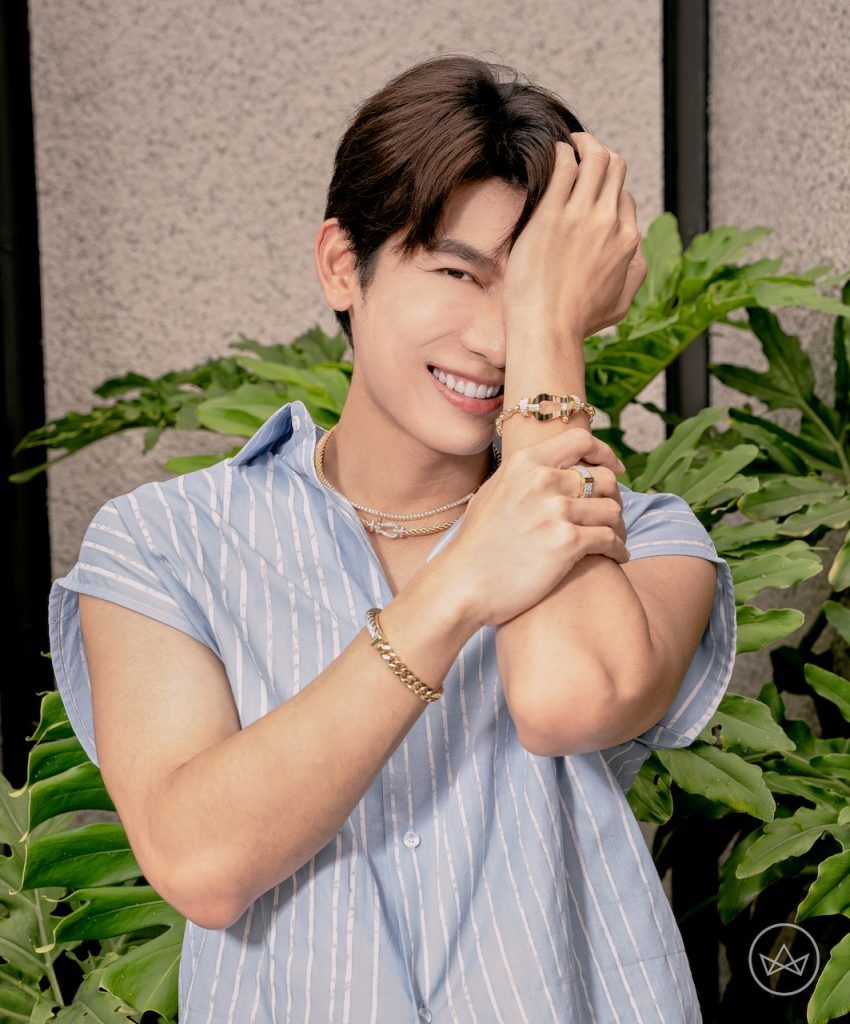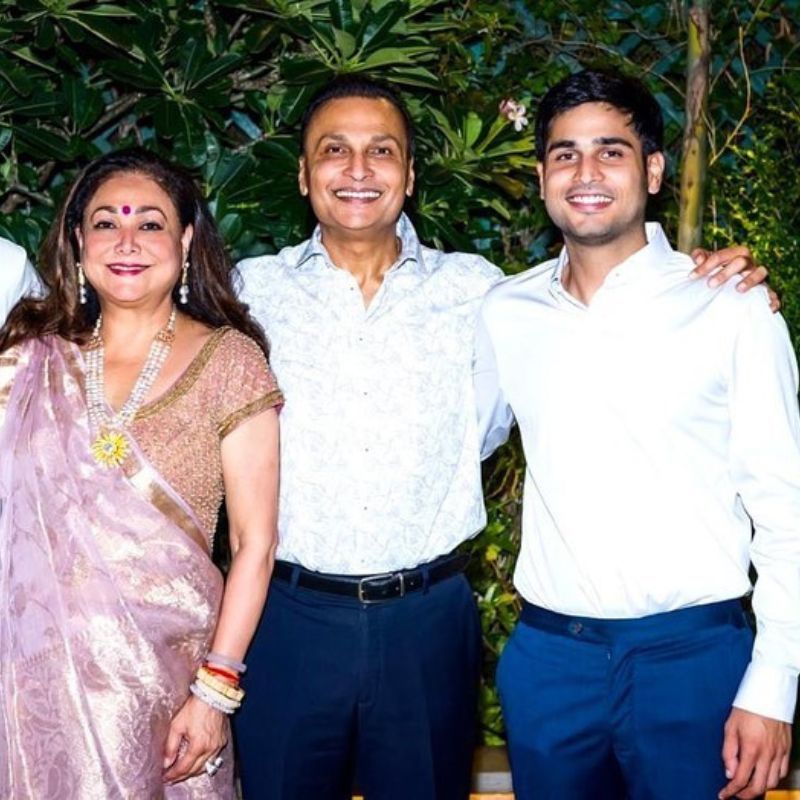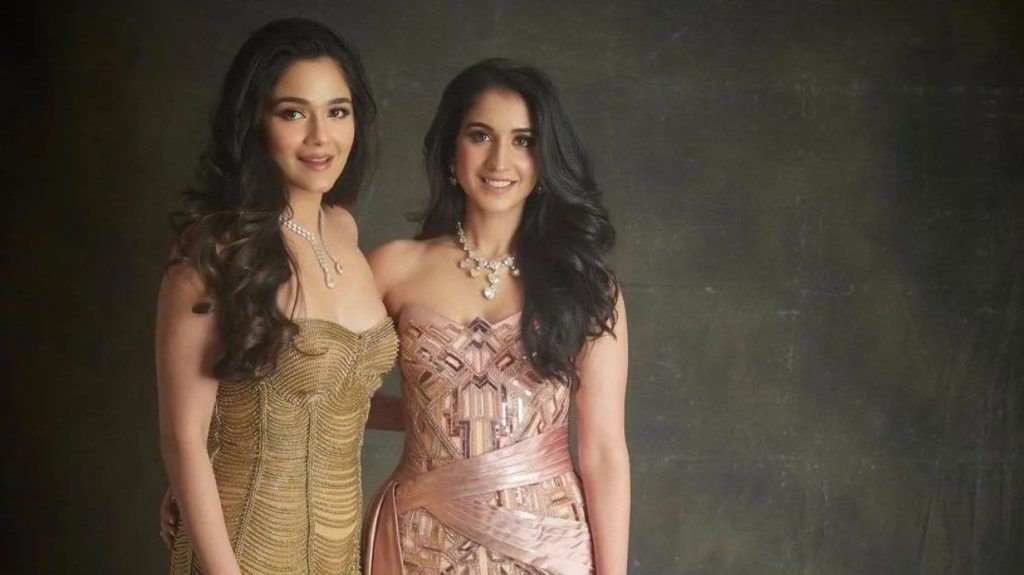From wushu champion to rising triathlon star, Esther Joy epitomises strength. Meet Z-List 2024, national triathlete Esther Joy.
Wherever Esther Joy goes, her infectious bubbly personality is bound to make you smile. Esther enters the studio with no expectations — bringing her game face on. But today isn’t her usual Wednesday afternoon of swimming, sprinting and training. She’s about to tackle a new challenge absolutely out of her comfort zone – her first editorial photoshoot.
This isn’t my first time meeting Esther Joy. I first encountered the energetic triathlete while covering the Nagoya Women’s Marathon in Japan some three months ago, where she secured 8th place. Once again, I catch her right after another race – the Asia Cup. Despite landing less than 24 hours ago, she’s just as bright and sprightly as I remember.
“I started kind of letting go of the thought of perfectionism, of wanting to be perfect, wanting to be at the top all the time. And that is something that you are not taught in sports, but it’s definitely something that you have to learn,” she shares about her sports journey, slowly easing into the conversation.
Esther Joy’s journey into the world of triathlon is as captivating as it is inspiring. I sit with the Malaysian triathlete to understand what drew her into endurance sports, what motivates her, and how she’s navigating the triathlon landscape.

The Fundamentals
Esther’s involvement in sports was significantly influenced by her active family. Born into a family where sportsmanship is practically a second language, Esther was thrown into swimming as her first sport.
“Growing up, everyone started with swimming,” she tells me. “My father believed that you had to learn swimming for survival,” she recounts.
Despite being competitive in triathlon, Esther’s relationship with swimming had a rocky start. “I hated swimming,” she admits candidly. In a bid to motivate her, her father made a deal: if she participated in a swimming competition, she could quit afterwards if she still didn’t like it.
True to her word, Esther raced, and true to her feelings, she quat right after her first race. “I swam in one competition and I quit after that,” she remembers, recalling the episode with a laugh.
After quitting the sport, the multi-talented athlete picked up wushu. “I was actually tricked into doing wushu,” she chuckles. “I wanted to be a dancer because my mother is a dancer,” she tells me. “But my dad wanted me to do martial arts and he told me it was like dancing.” After bouts of twists and turns, she began to fall in love with wushu. It didn’t take her very long to start dedicating herself to the sport and made it quickly to the national team.
However, Esther soon realised that being part of the national team came at a cost. “The culture and lifestyle were not for me. I was trying to be a different person and fit into a place I did not belong, ended up destroying myself mentally, then physically,” she admits.
The transition was tough for Esther, who had always been close to her family. “We usually did everything together and rarely mixed with other people. When I got into the national team, I had to stay in a dormitory, and in my family, we didn’t have phones till after graduation. So I had no proper communication tool. It was just very different and difficult to navigate around who I should be friends with and who might not be such a great influence. Meeting so many people with different backgrounds, beliefs, and languages was overwhelming. I didn’t know who to trust without my family guiding me. It was just a new world I was not ready for yet at that age,” she confides.
This period of isolation and identity crisis eventually led Esther to exit the national wushu team. It was during this time that she began to explore other avenues, eventually finding her way to triathlon.
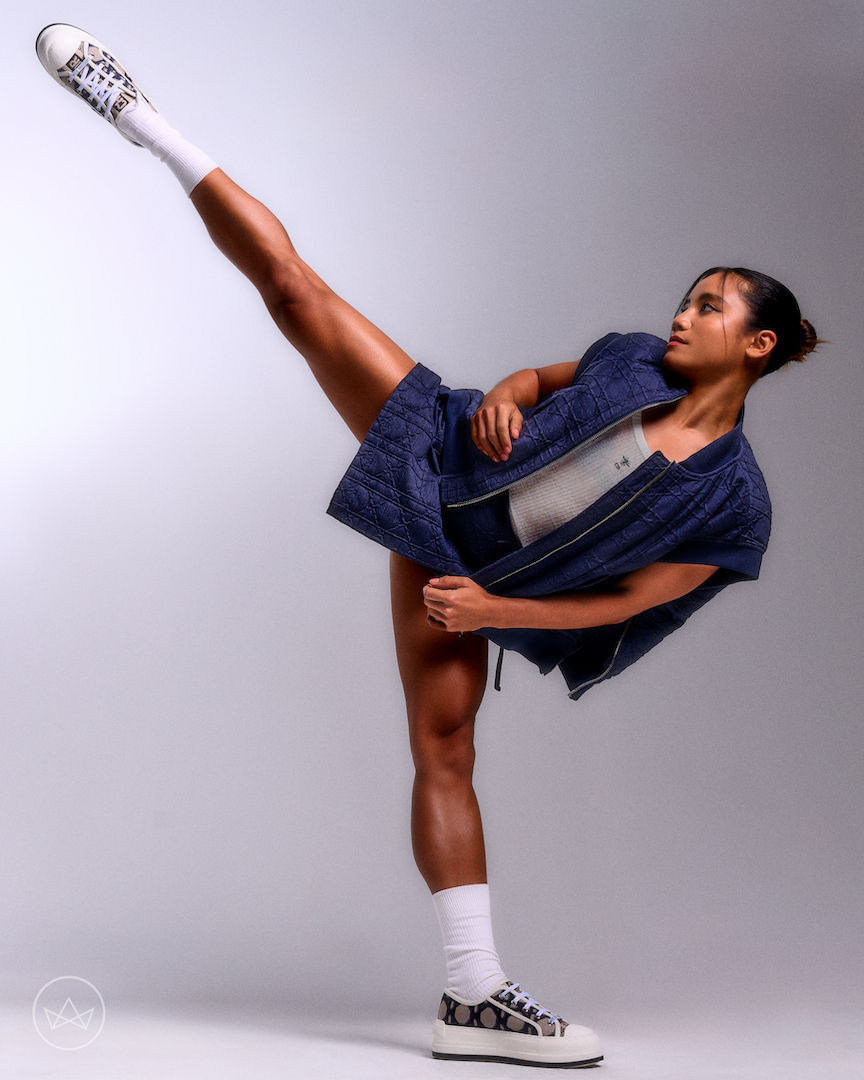
A Leap of Faith
Esther’s shift from wushu to triathlon was gradual, significantly influenced by the waves of the pandemic. “I left the national team and returned to my old state team where I wasn’t really training to compete, just to figure things out,” she adds.
During this period of uncertainty, she received an unexpected message on Instagram about a two-month triathlon camp. “During the MCO, I got a message from my coach to try out triathlon. At first, I was hesitant because you need a bike to start, and I had no idea how to cycle — literally zero. But the coach said he would loan me a bike and wouldn’t charge a dime. He just wanted me to try out and see if I liked it.”
The opportunity came at the perfect time for Esther, who was still finding her footing. “During the pandemic, I was testing the waters,” she says. “When the Movement Control Order ended, my coach planned a two-month triathlon camp. It took those two months for me to realise that my time in wushu was over and that triathlon was what I wanted to pursue. It felt like a fresh start — a new beginning.”
Fast forward a few years, and the rising triathlete is nabbing medals overseas, but this success comes with its own set of challenges. As she transitions fully into triathlon, Esther faces the demands of this challenging sport. Competing on an international level has brought new pressures and obstacles.

Navigating the Triathlon Landscape
Esther candidly discusses the challenges faced by female triathletes in Malaysia, highlighting the insufficient focus on athletes’ mental health. “If someone was doing well, everybody would praise them. If not, everyone would drag them down,” she says, noting the detrimental impact of such negativity on athletes’ performance and well-being.
She shares a challenge she had to faced just a year ago. “I was thrown into one of the biggest Asia Cups and it gave me the shock of my life that I panicked in the water,” she recalls. “And then I came out. I was dead last. I cycled alone. I ran alone. I finished and I cried. And it was a whole thing. After that, it kind of broke me a bit.”
Despite these challenges, Esther remains optimistic and resilient. She’s learned to handle negative comments and pressures with the help of a supportive network and a sports psychologist. “I’ve learned to let go of the thought of perfectionism,” she reveals this crucial step to her growth as an athlete.
Even while retelling her darkest moments, she finds light — sharing that it’s exactly this mindset that has helped her place 8th during the Nagoya Women’s Run.
“I didn’t actually go into Nagoya with a specific tactic in mind,” she shares. “I was there to fully experience the race. It wasn’t until you came up to me after they put on, what I thought was a finisher’s medal, that I realised it was the 8th place medal!”
This approach of letting go and embracing resilience encapsulates the theme of The Z List 2024 perfectly. Strength is not just about physical endurance but also about mental fortitude and the ability to recover from setbacks. Esther’s ability to adapt, learn, and keep pushing forward despite challenges is what makes her a symbol of strength.
Despite her achievements, Esther remains focused. “Every race teaches me something new,” she says. “There’s always room to grow and improve.”
As she’s about to be whisked away to an outfit change, she offers a message to aspiring triathletes: “Don’t be afraid to start from the bottom and work your way up. Embrace the journey, the highs and lows, because they shape you into a stronger athlete and person.”
As we part ways, I can’t help but feel invigorated by Esther’s zest for life and sport. She’s not just racing against time and competitors; she’s racing towards a future filled with endless possibilities and triumphs. And with her helming her life’s journey, there’s no doubt that the finish line is just the beginning.

interview MALLIE MARAN | editor-in-chief & creative direction MARTIN TEO | assisted by RONN TAN & YASMIN PUTERI SURAYA | stylist ISAAC CHONG | stylist assistant ZIYIN | photography EDMUND LEE (ONE3FOUR STUDIO) | videography POR JIA JUN | assisted by STANLEY LOH | makeup SHIYO JOO | hair CODY CHUA | styled in HERMÈS, DIOR, SANDRO
In its fourth year, The Z List 2024 continues to celebrate the inspirational and aspirational, as well as the most dynamic youths who find strength in empowering their communities through the work that they do. Working together, the Gen-Zers come in full force to make an impact strength on strength.
